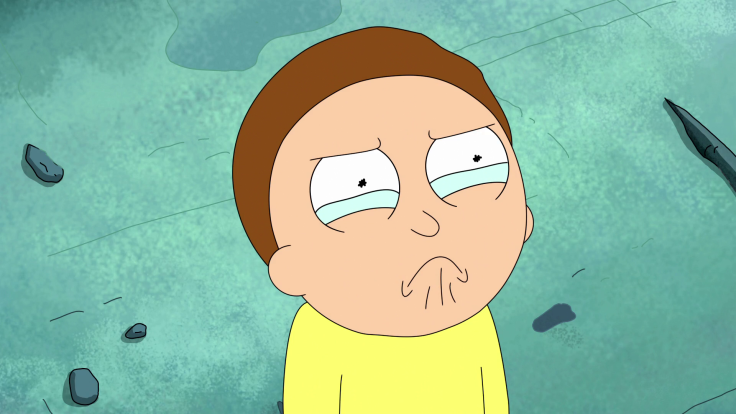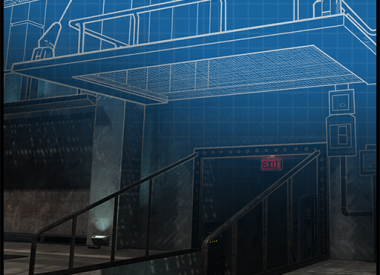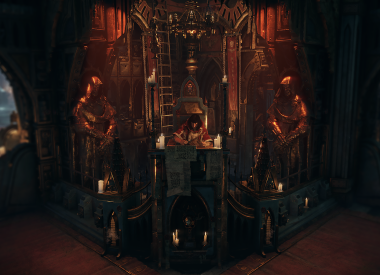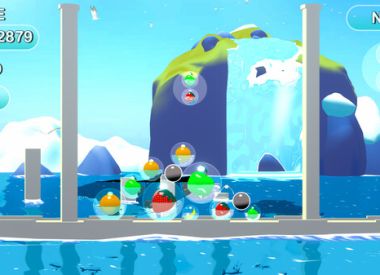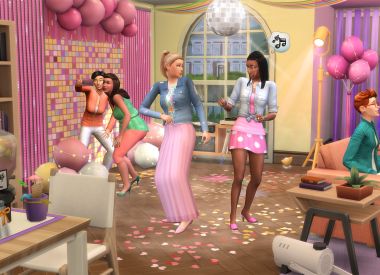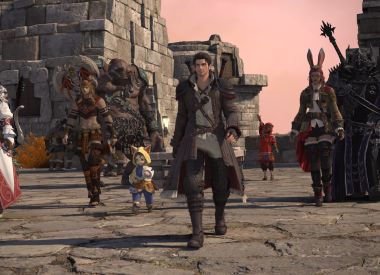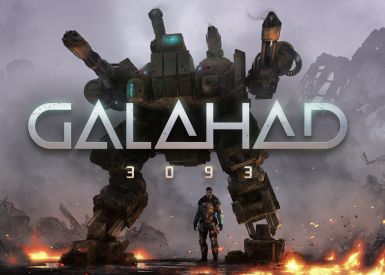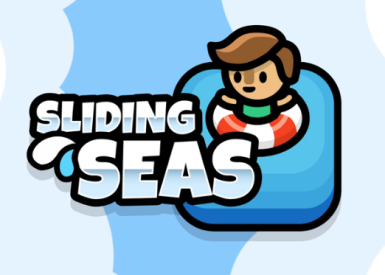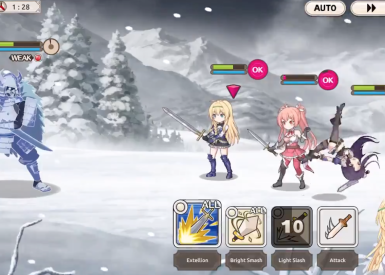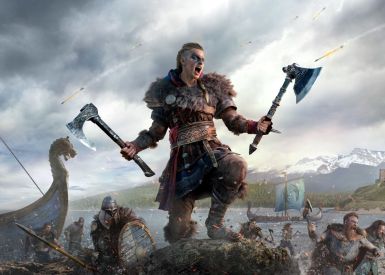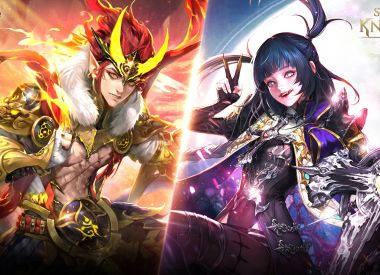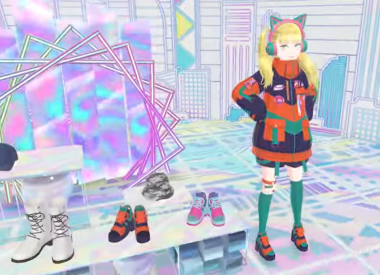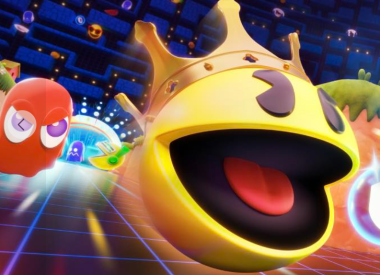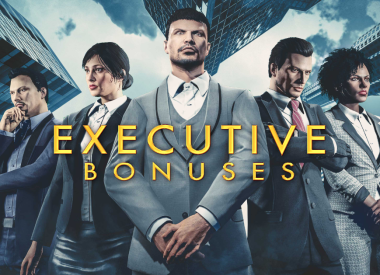Morty’s a great character because he’s a lot like us and he’s gone through a hell of a lot. Rick gets the attention. He lets us think we’re just as smart as him, like it’s us controlling the universe. But even the Rickest human would have to admit: you’re nothing like a character whose entire purpose is creation, destruction, recreation; the manipulation of all of space and time; life and death; meaning and incoherence. Rick collapses galactic governments. He’s not like any one of us, not a thing humans can be. So forget Rick for a minute. Think of Morty. Morty is a titular character you could really spend some paternal affection and anxious empathy on.
We’ve seen Morty recover from many traumas like burying his own other-dimensional body or killing Fart the annihilator, but it wasn’t until Rick and Morty Season 2 episode “Look Who’s Purging Now” that Rick and Morty first put a spotlight on Morty as an ever-developing, dynamic character. After spree killing dozens of cat people on a Purge planet, Morty concludes he has repressed anger and must learn to change himself. Rick offers him an out, telling Morty an easy lie: “Remember those candy bars earlier that we got? In the first act? Turns out they have a chemical in them called Purgenol that amplifies all your violent tendencies. Yep, don’t even sweat, you’re still the same old Morty. Your character is totally protected.”
Rick and Morty Season 3 revealed the opposite, subjecting each character to trials that brought them, having grown, out the other side. From the beginning, in the Season 3 premiere, Morty is more jaded, more aware of the dangers of life with Rick. Here are the Season 3 moments that will define who Morty has become and who he will be when Rick and Morty Season 4 finally premieres in, like … a really long time (I might even have a big, white Santa Claus beard).
The Szechuan Rant
Rather than go nuts for some McDonald’s sauce, Morty sees the truth when Rick corners him and delivers the now-famous Szechuan sauce rant. Szechuan teriyaki sauce is a non-sequitur for Morty, a symbol of Rick’s essential emptiness. For Rick, the rant is a soft sadism: he relishes subjecting Morty to his control and gets off doubly knowing the sheer, petty banality of his Mulan-flavored motivation. After Rick promises “the darkest year of our adventures,” Morty has a simple response. “Oh fuck,” he moans, having glimpsed the howling chaos steering his life.
The Death of Heroes
Rick doesn’t look at Morty — a mathematical equation says he doesn’t have to. But Morty observes Rick closely and becomes expert, giving him a leg up in dismantling the Saw -style booby traps Rick set up for The Vindicators. And while Morty feels betrayed when Rick pays tribute to Noob-Noob and not to him, he isn’t exactly surprised. By Season 3, he’s long-since learned how little emotion to invest in his relationship with his grandfather. But what does genuinely surprise and hurt Morty isn’t something Rick does, it’s the way his heroes fails him. The lesson he takes is surprisingly mature: “Everyone in the universe is a hero, Mom. Which is why we don’t need jackets. And I’m pretty sure we don’t need Vindicators.” No other authority figure can save him from Rick, Morty learns. No gods, no masters.
Fireside Chat
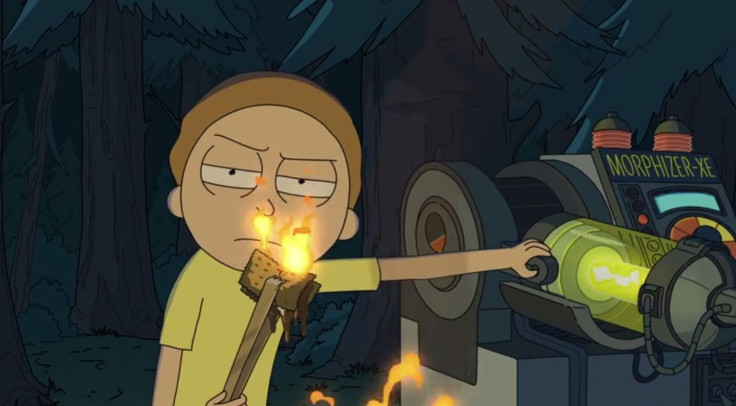
While Morty often feels adrift and confused by his adventures with Rick, the sheer accumulation of his experiences, both dangerous and emotionally complex, give him an advantage in certain normal human affairs. We’ve never really seen him flex that until this episode, when he sits down across a campfire from his sister’s ex-boyfriend, Ethan. “Ethan, Ethan, hey it’s okay. You made my sister cry, Ethan, you messed with her body image,” Morty says, dramatically burning a s’more and placing a threatening hand on the ray machine that turns people inside out. Morty is no longer the “underfoot figure” of the Rick and Morty pilot. He’s begun to realize his power in the world.
A Subtle Threat
Unburdened of doubt after a spa treatment, Morty gets rich, gets the girl, gets everything he might think he would want from a Rickless life. But the most telling moment comes when he subtly threatens Rick, telling him, “Things are good, taking that away from me… that wouldn’t be healthy.” The deck had to be massively stacked in Morty’s favor for the moment to come about, but “Rest and Ricklaxation” begins to let Morty explore what a life apart from Rick might feel like it and how he might win it and pull himself out from under his grandfather’s thumb.
The Ninth Rickfiguration
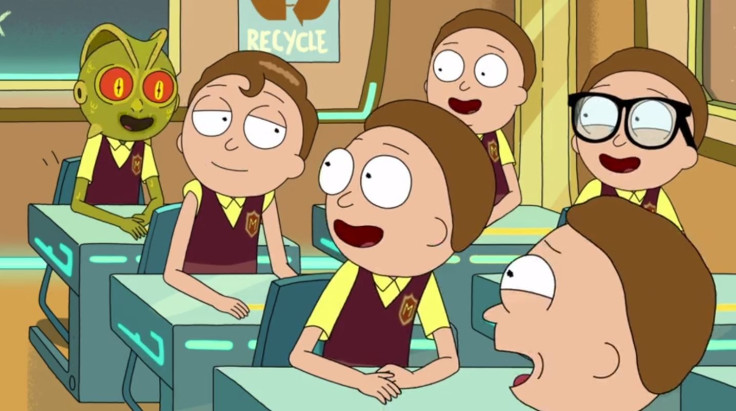
Since our Dimension C-137 Rick and Morty are hardly in “The Ricklantis Mixup,” this episode is less about Morty’s psychological development as an individual than it is a taxonomy of the various possible relationships between Ricks and Mortys. On the Citadel, Mortys can become more corrupt than Ricks; can be sexual deviants and criminals and whatever else is required to survive and carve out their own identity in a world controlled by Ricks. It expands the future idea space of the show, telling us what characters could become at their most extreme.
A Child’s Laughter
Rick’s stubbornness forces him into an escalating conflict with the United States, endangering the entire Smith family over a selfie. “There’s infinite timelines, Morty. Why would I stay in the one where I trashed the White House, became an enemy of America and the lowest status character in my idiot family?” Rick says, but stays anyway. At the end, Rick is left humiliated and the Smiths united as a well-adjusted family for the first time. The season ends with Morty laughing right in Rick’s dumb face.
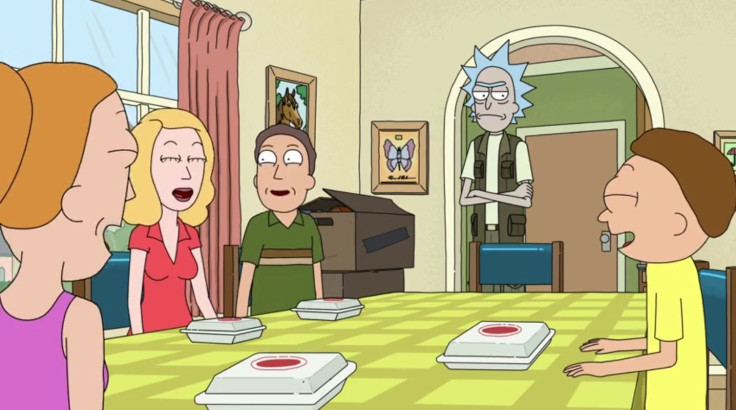
The end of “The Rickchurian Mortydate” establishes the family dynamic we can expect when Rick and Morty returns for Season 4. But it’s a status quo that’s unlikely to last long. Rick’s Szechuan rant revealed his desire for perfect control, so while he’s more emotionally attached to this iteration of his family than he’s willing to admit, it’s unlikely to be a state of affairs he’ll abide for long.
But he’ll be countered by a more adult Morty than we’ve ever known. Morty’s journey in Season 3, the darkest year of his adventures, has made him anti-authoritarian, socially powerful, unafraid of day-to-day human interaction and, most importantly, willing and able to stand up to Rick. The state of the Morty entering Season 4 is strong.
Rick and Morty is expected to return for its fourth season sometime in 2019.


